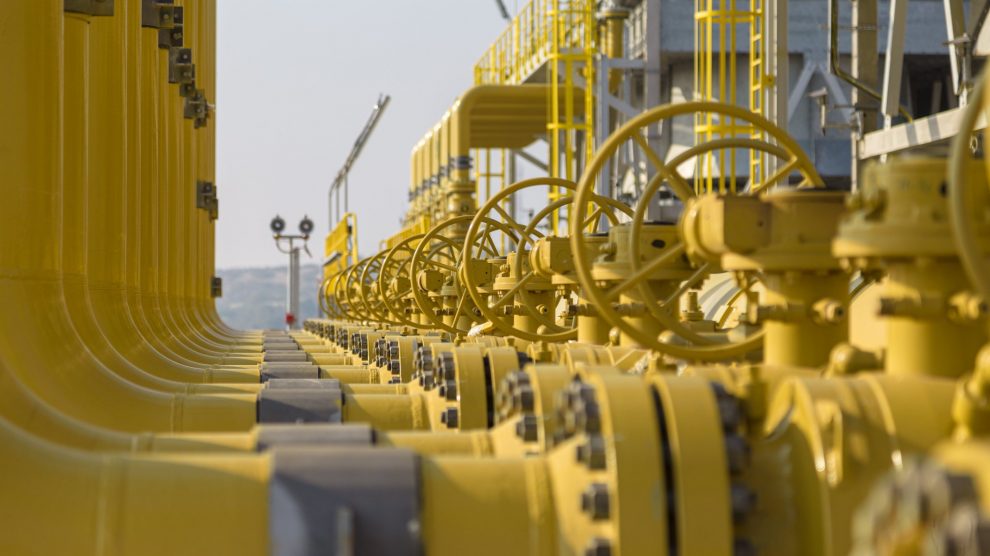Oil woes. The blockade on half of Libya’s oil production is unlikely to be resolved briefly, and it’s causing concern in energy-hungry Europe.
- A clash between two factions claiming power over the country resulted in the closure of some oilfields and maritime terminals;
- Due to the Russian war in Ukraine, the energy issue has become crucial once again in the EU
- The Libyan situation clearly demonstrates how delicate the choice of energy supplier is – and how much this choice depends on stability factors beyond the market.
A necessary choice. According to Arturo Varvelli, director of the Rome office at the European Council on Foreign Relations, relying on autocratic regimes and unstable countries for energy supply is debatable. However, it’s also an option that cannot be foregone at the moment.
- Ultimately, these countries hold a good chunk of hydrocarbon reserves, and interlocution with their government is simply necessary.
- “The Draghi government rightly seeks energy diversification, a strategic project that has not been pursued in recent years. Italy is extraordinarily exposed to dependence on Russia, and we now realise the risks,” said Mr Varvelli in a conversation with Decode39.
Diversifying sources. The Draghi government kickstarted a diversification operation to decouple from Russia.
- It started with already active suppliers, such as Algeria and Azerbaijan, and African countries such as Congo-Brazzaville, Angola and Mozambique.
- Foreign Minister Di Maio and Ecological Transition Minister Cingolani, recently travelled to the latter countries, accompanied by the CEO of energy major Eni, Claudio Descalzi.
There for the long run. Eni, which is State-controlled, has maintained a years-long, active presence despite difficult situations, instability and a lack of security. That presence is now allowing for a diplomatic advantage in dialoguing with these interlocutors.
- “From an ideal point of view, we are certainly dealing with autocracies, but we are doing so with the awareness of limiting a more violent and expansive autocracy such as Russia,” said Mr Varvelli.
- Also, the expert highlighted that diversification would help Italy if the EU ends up triggering sanctions on Russian energy.
Forgoing gas for gas. Russia will probably be subject to additional energy embargoes, starting with oil, if the war and its violence continue. Experts expect their full application before the end of 2022.
- Moscow is unlikely to decide to shut down output, given it exports 74% of its gas to Europe. In turn, European countries cannot substitute Russian gas imports quickly enough via new suppliers, as it can do with oil.
- The nature of the embargo is still unclear because of Germany’s backpedalling and Hungary’s outright opposition: in short, an EU-wide alignment is lacking.
Taking control. Mr Varvelli believes the EU should enter the control room.
- “Europe seems to be proceeding randomly; member States are competing against each other. But with gas, the EU needs price caps, integrated infrastructure investments and centralised purchasing (with linked market dynamics).”
- The expert recalled that the first form of European integration came about in 1951 with the European Coal and Steel Community. In other words, when common post-war needs of economic revival were not treated as a bone of contention. He indicated the EU’s Covid-19 vaccine procurement strategy as a virtuous example.
Think green. According to Mr Varvelli, the added value of such a “European energy union” would be creating the possibility of “saving the Green Deal”:
- That is “a programme of industrial transformation that allows Europe to achieve a good degree of energy independence, and therefore of strategic sovereignty;”
- It’s also been affected by the consequences of the Ukrainian conflict, like other European economic prospects;
- A united and unitary approach to the energy question could safeguard it and thus salvage the energy transition.
Such an approach would also allow Europe to have a broader vision and act with policies and political levers that go beyond the simple purchase of gas or other energy raw materials.




